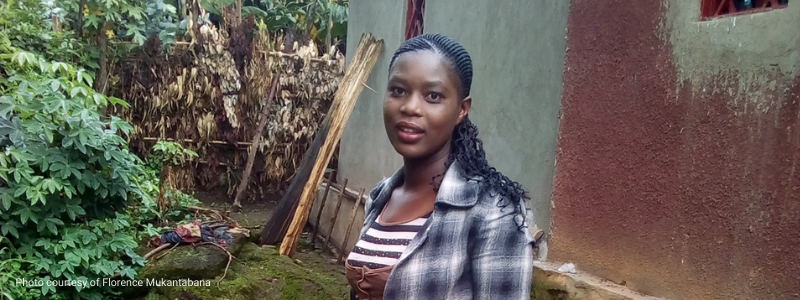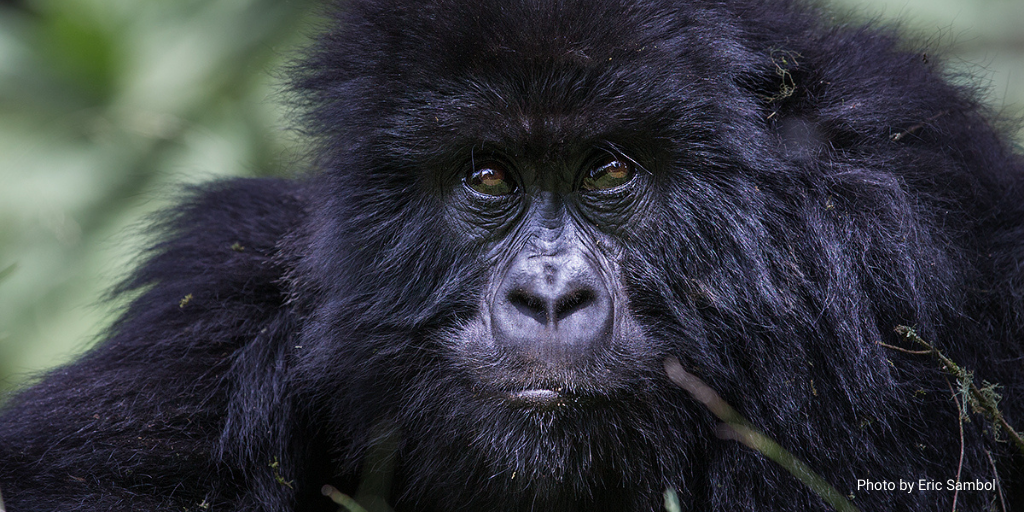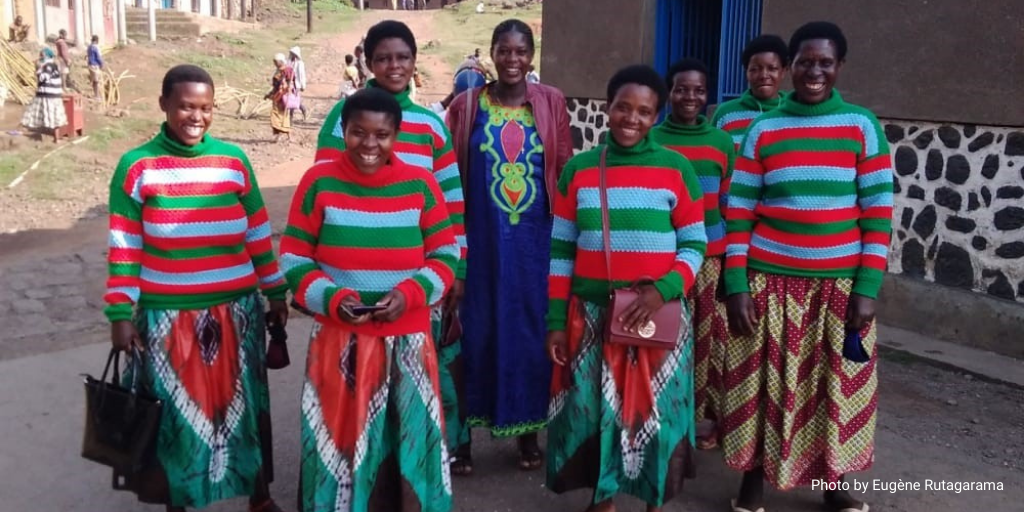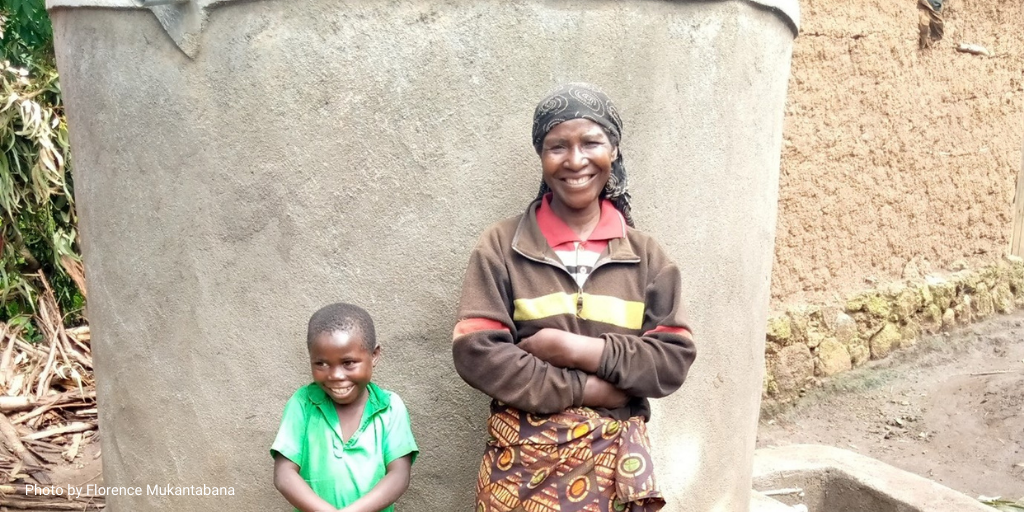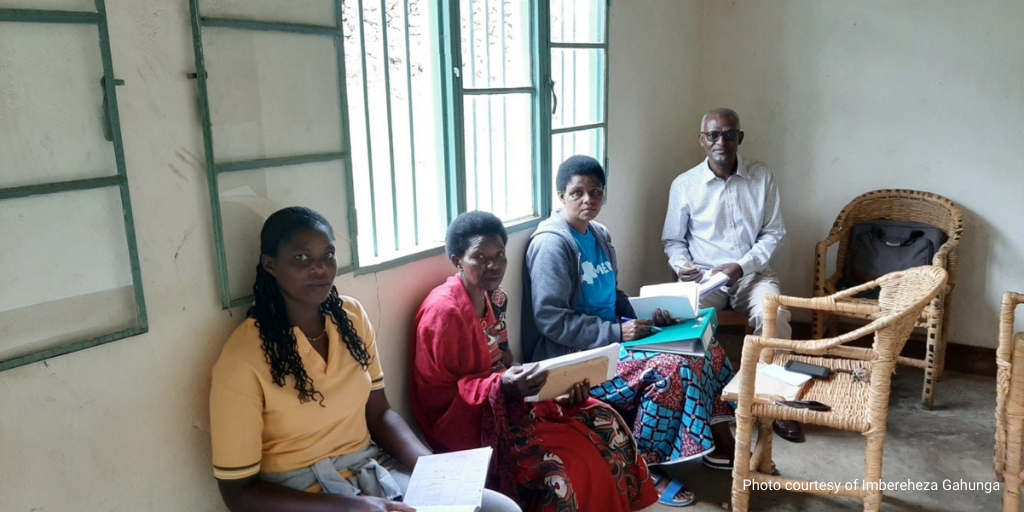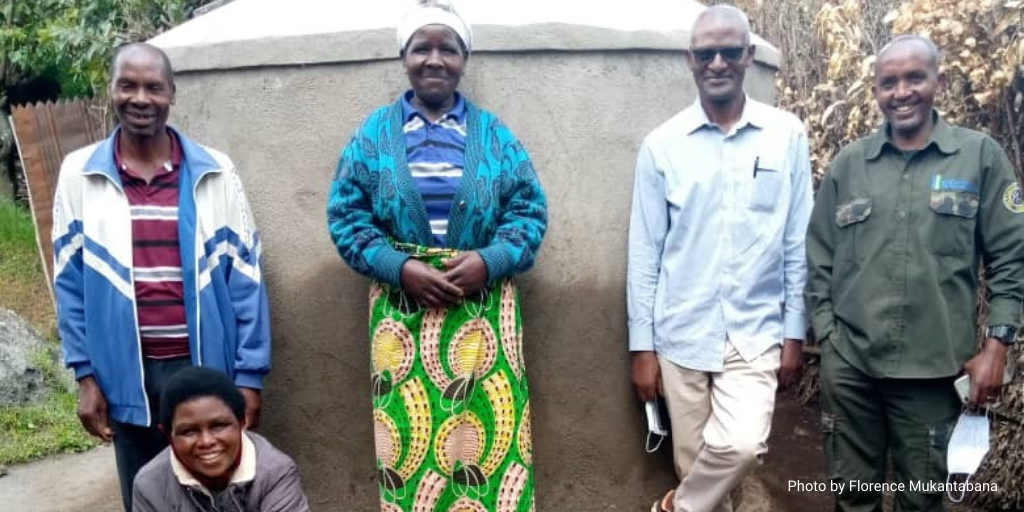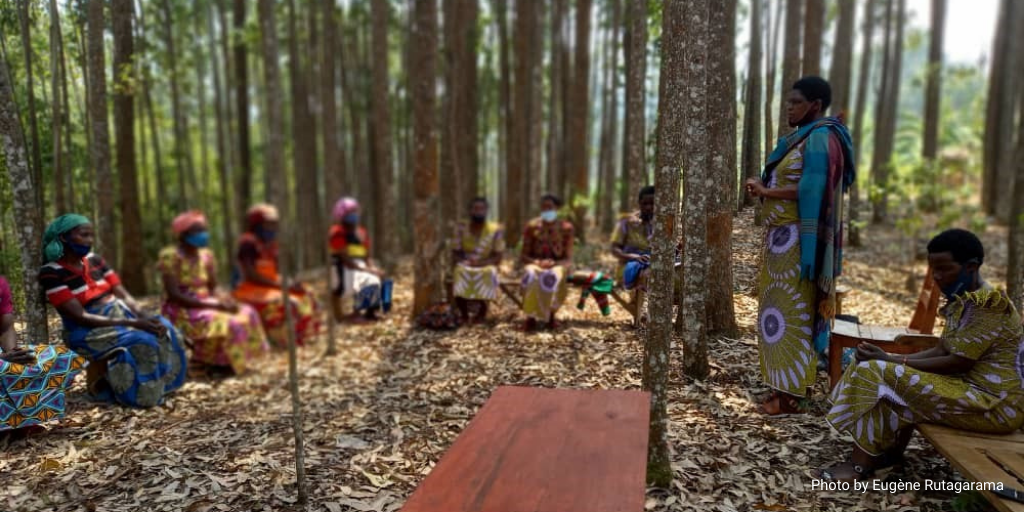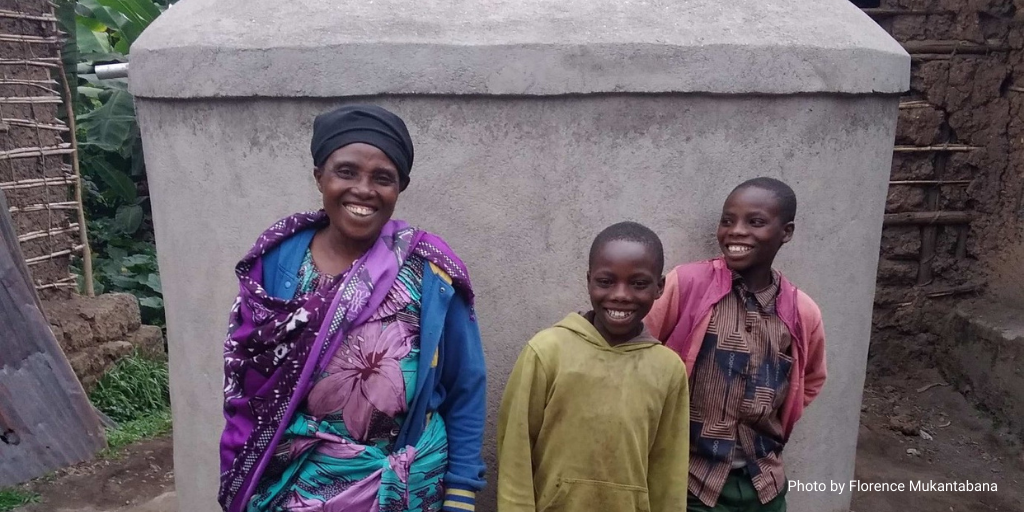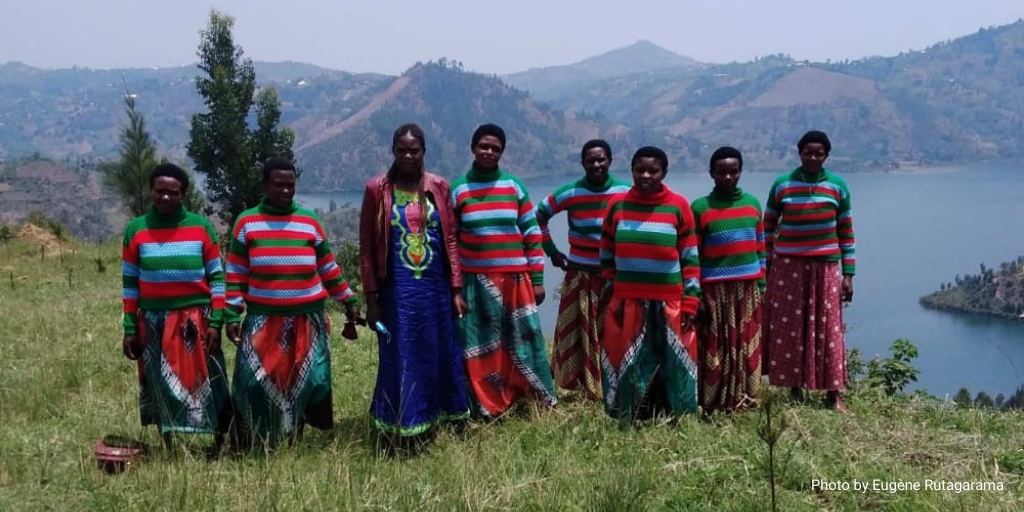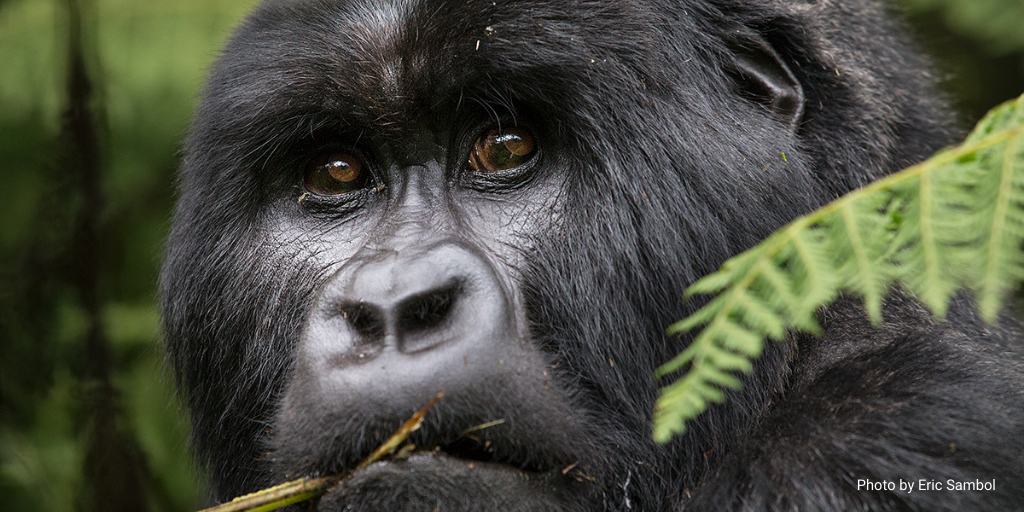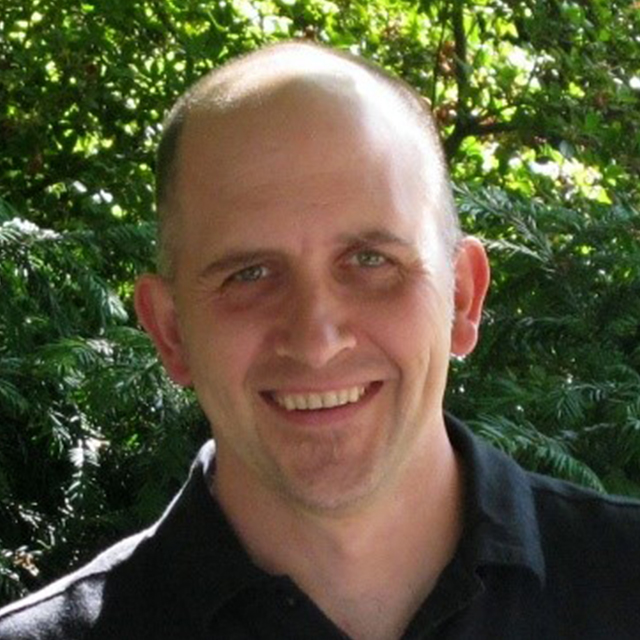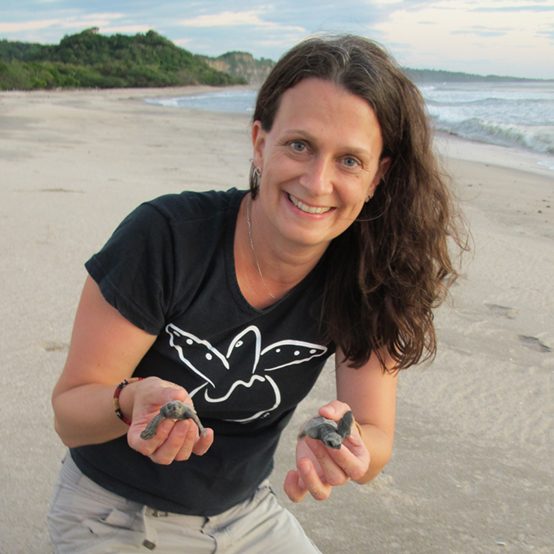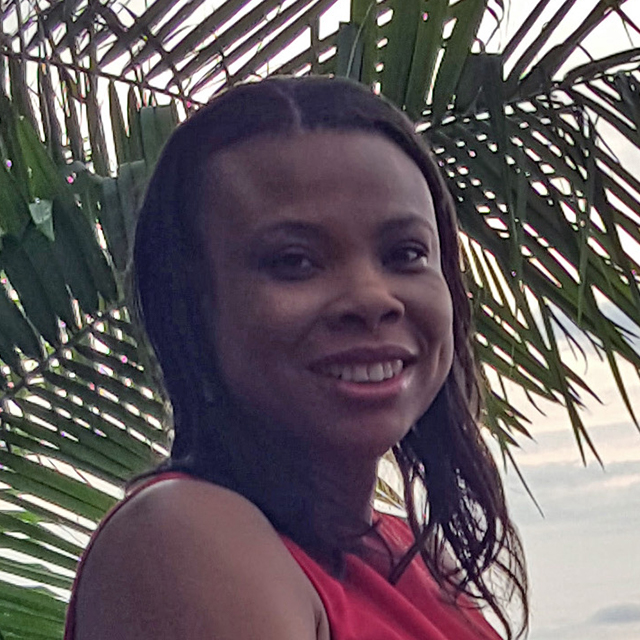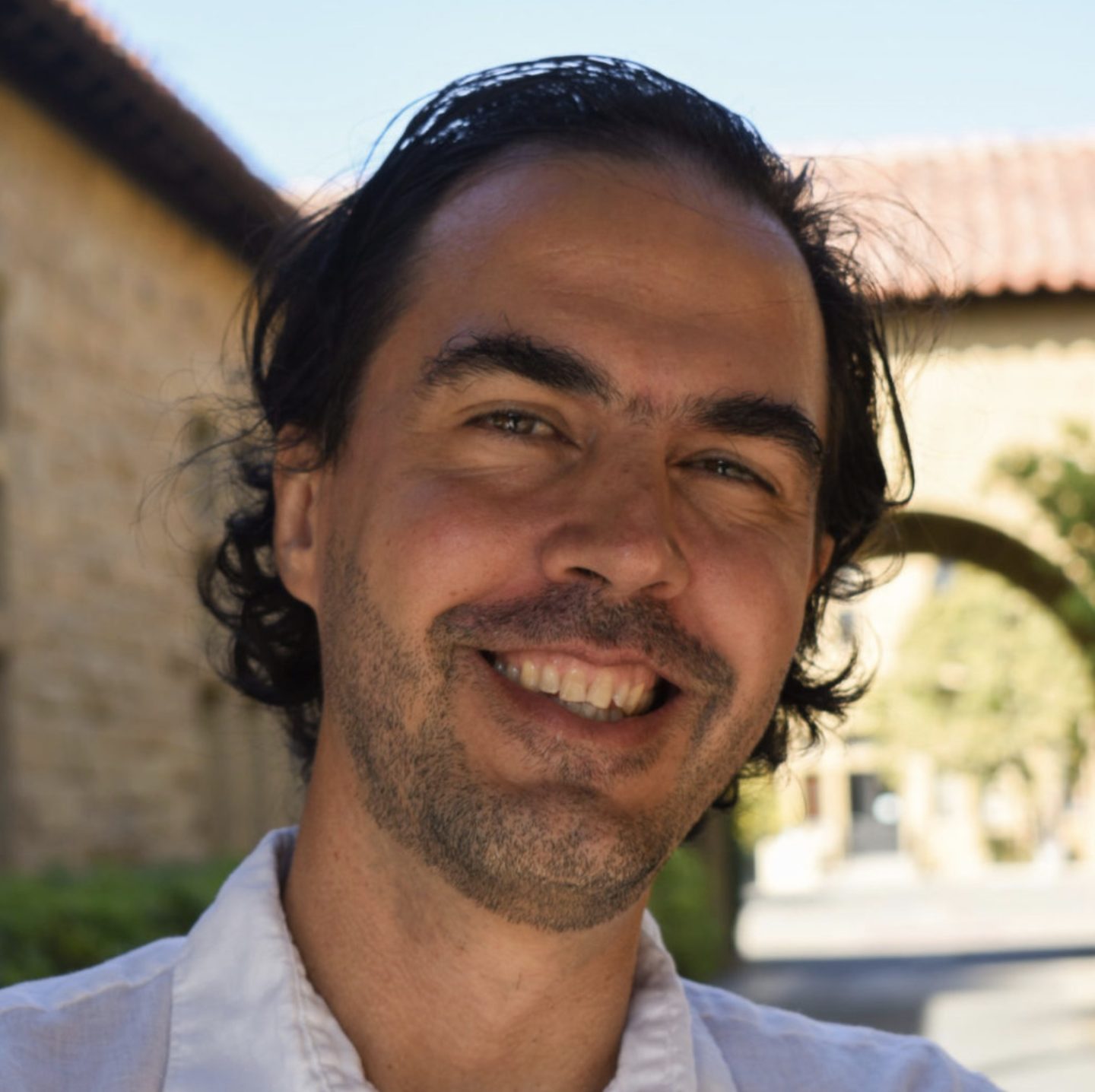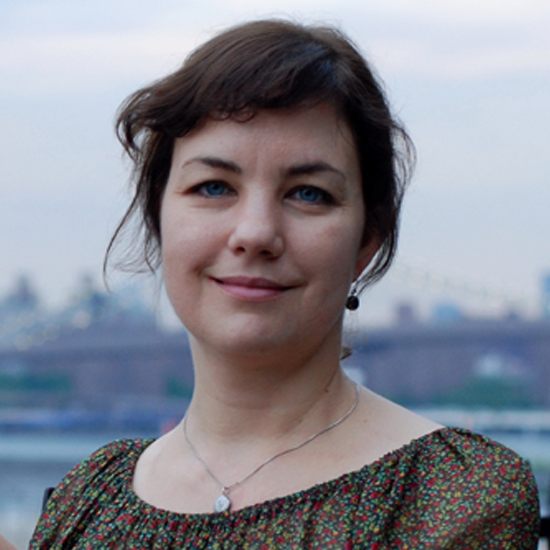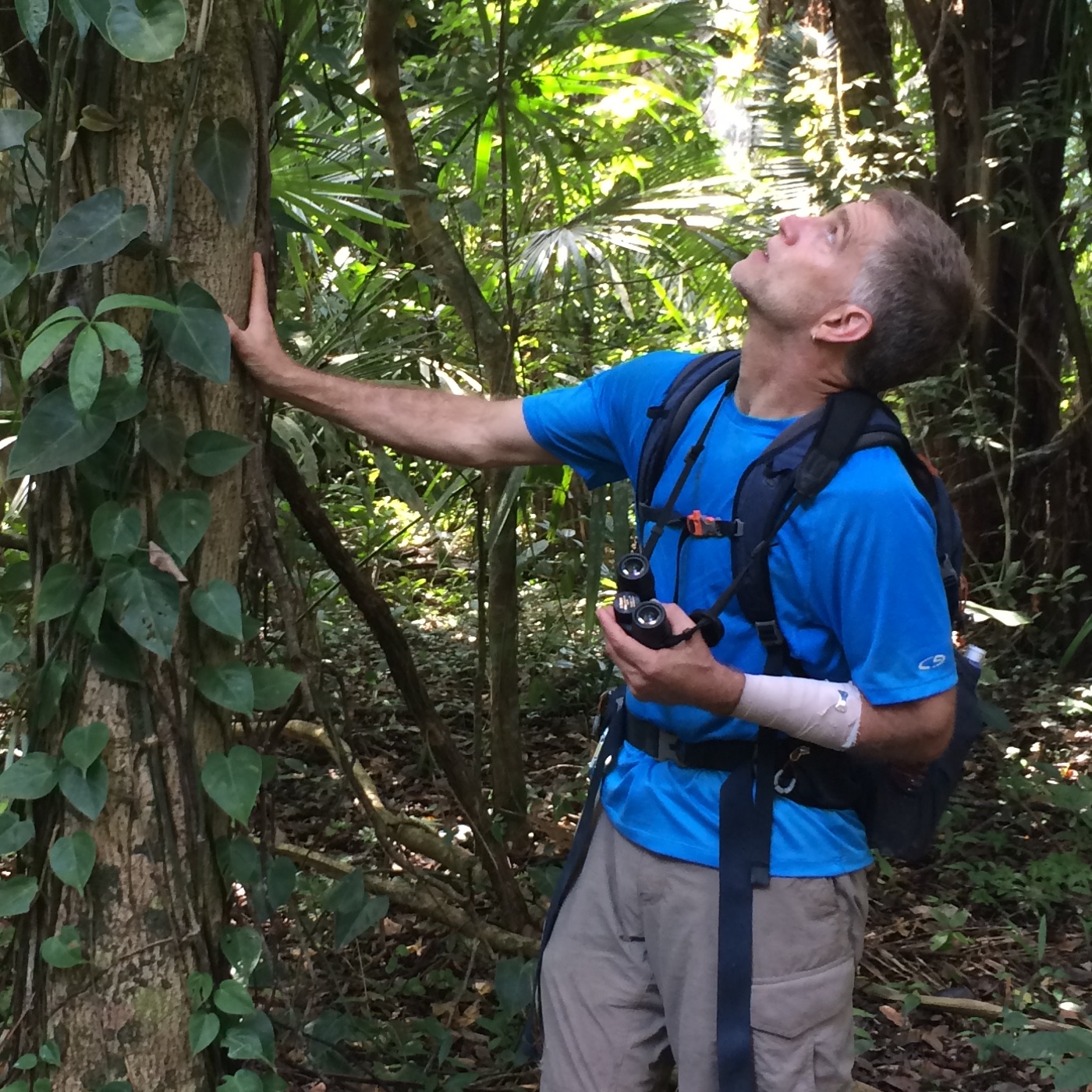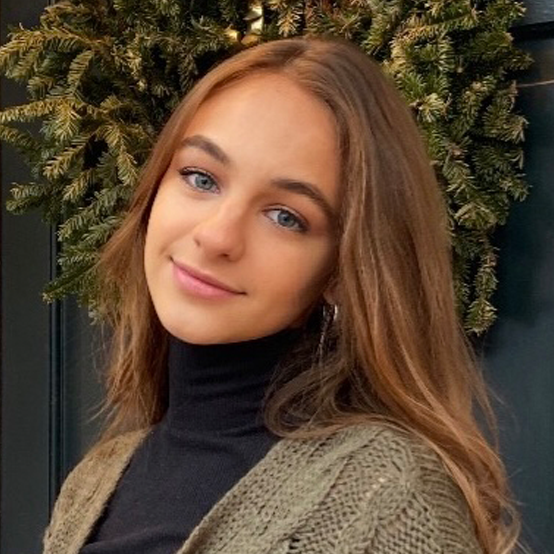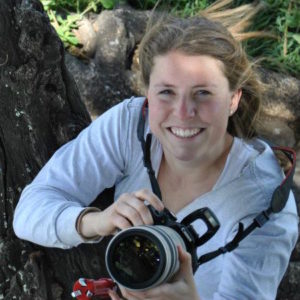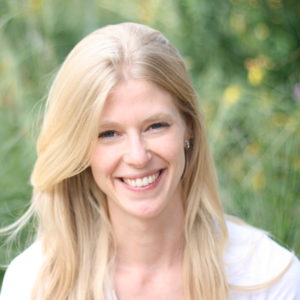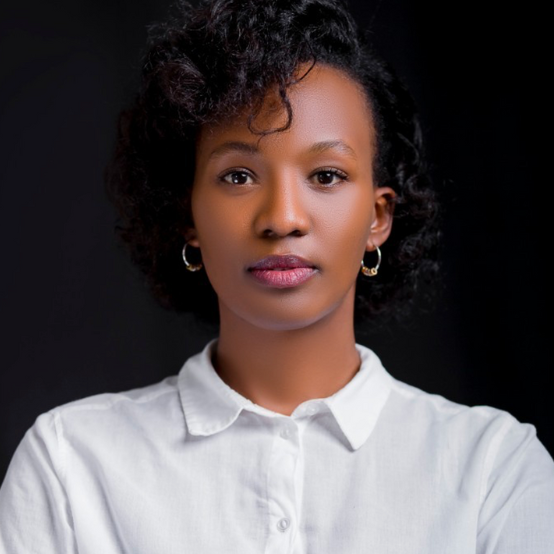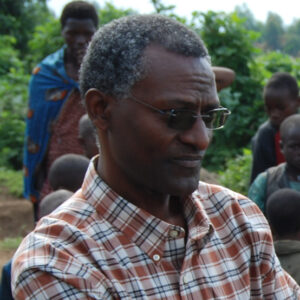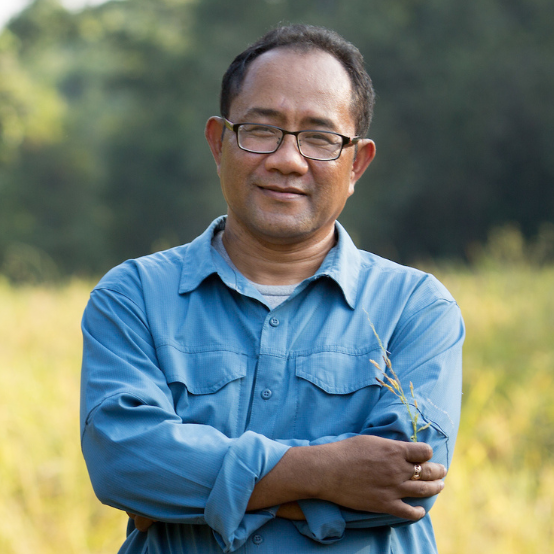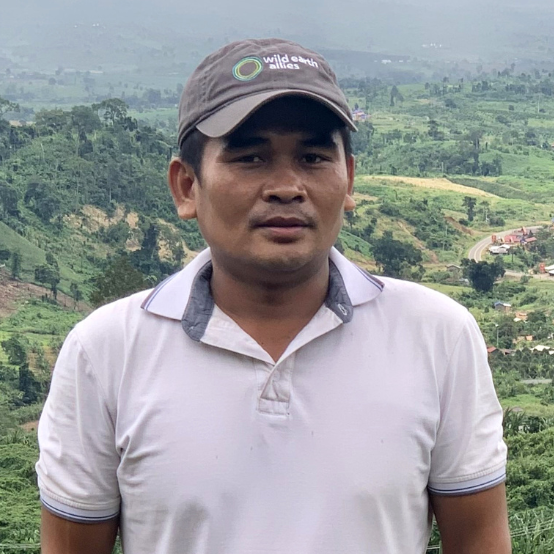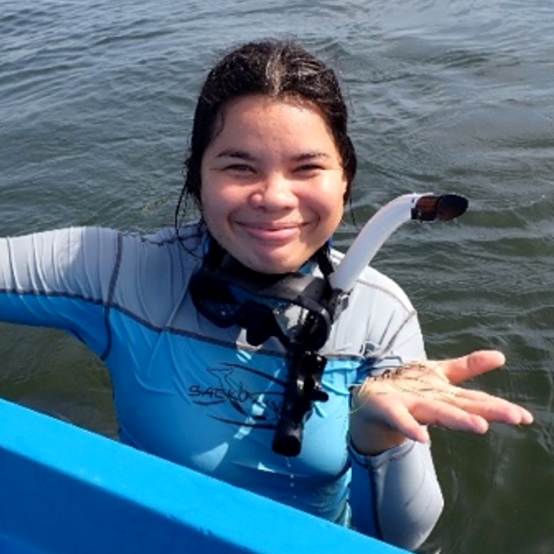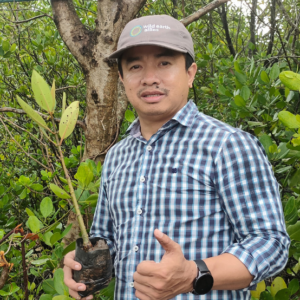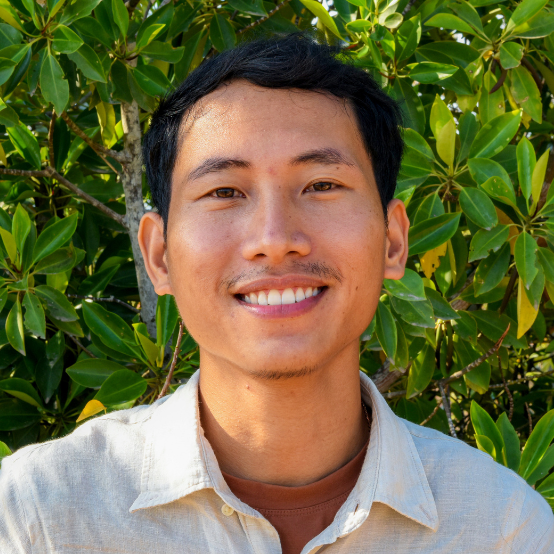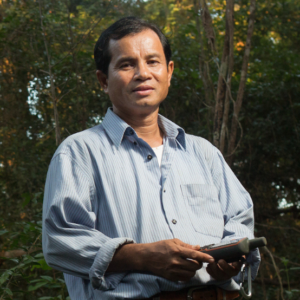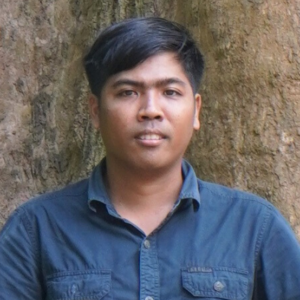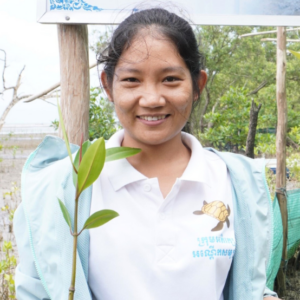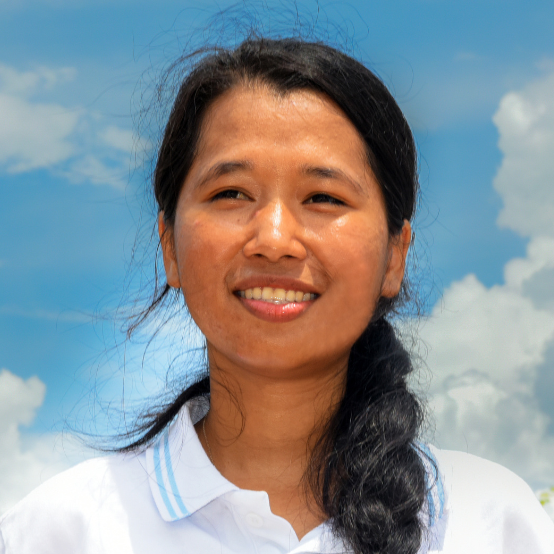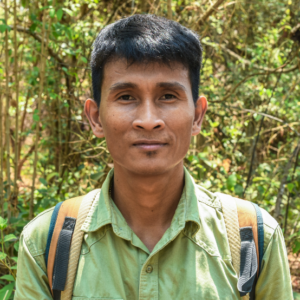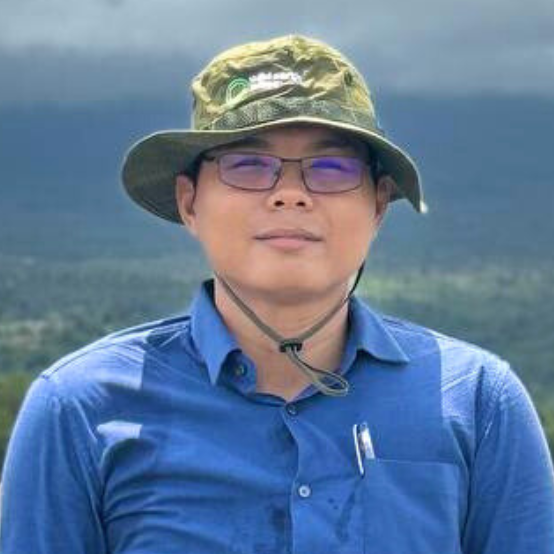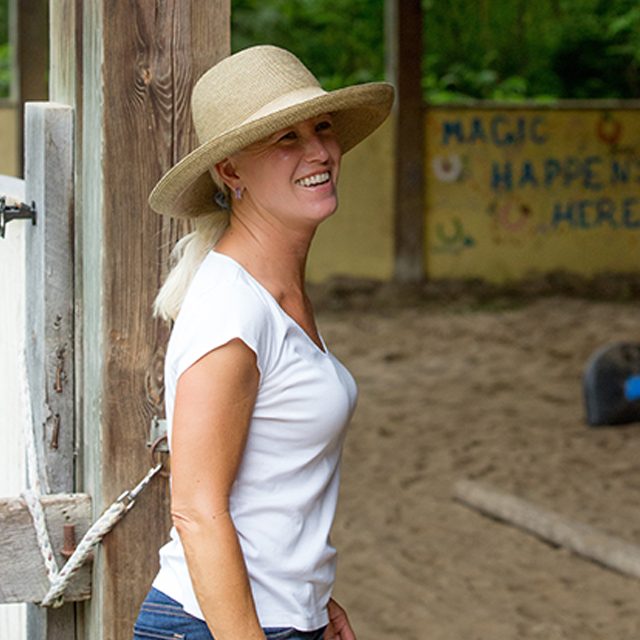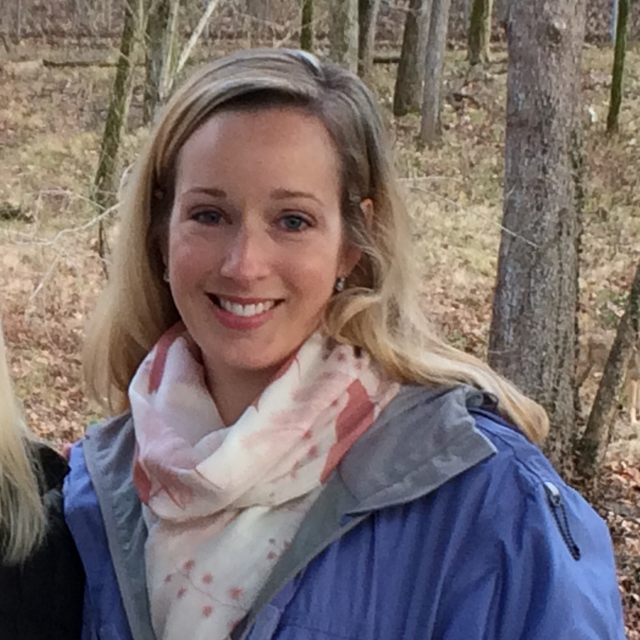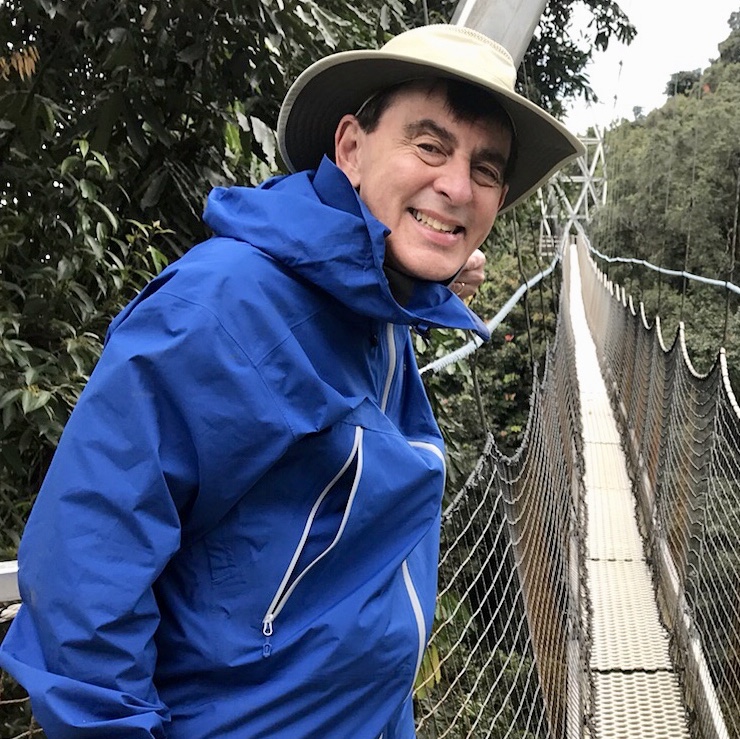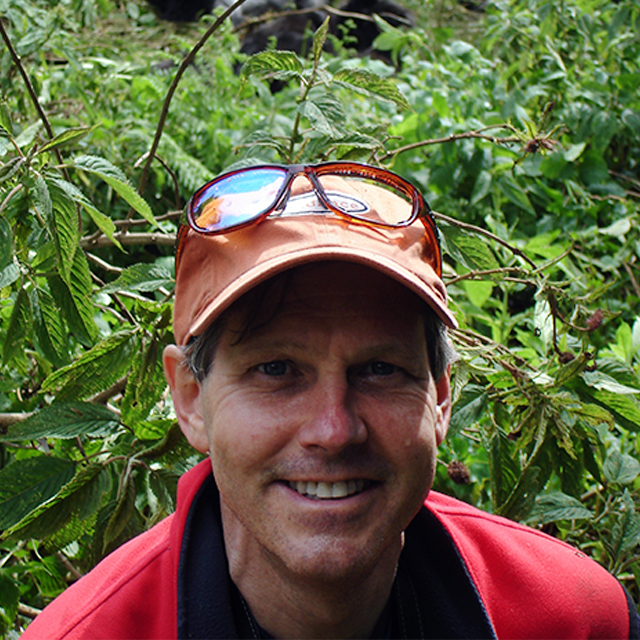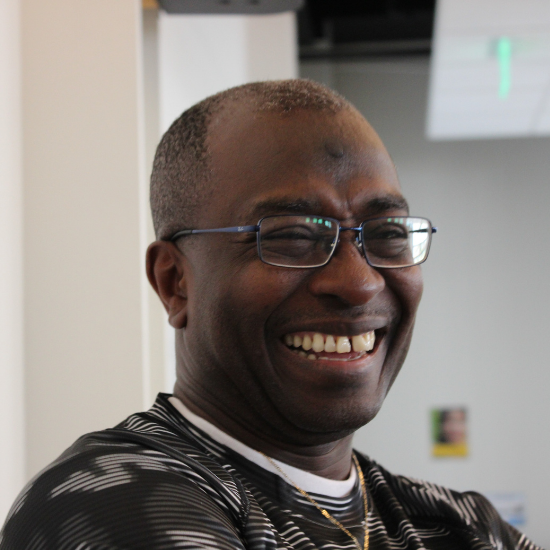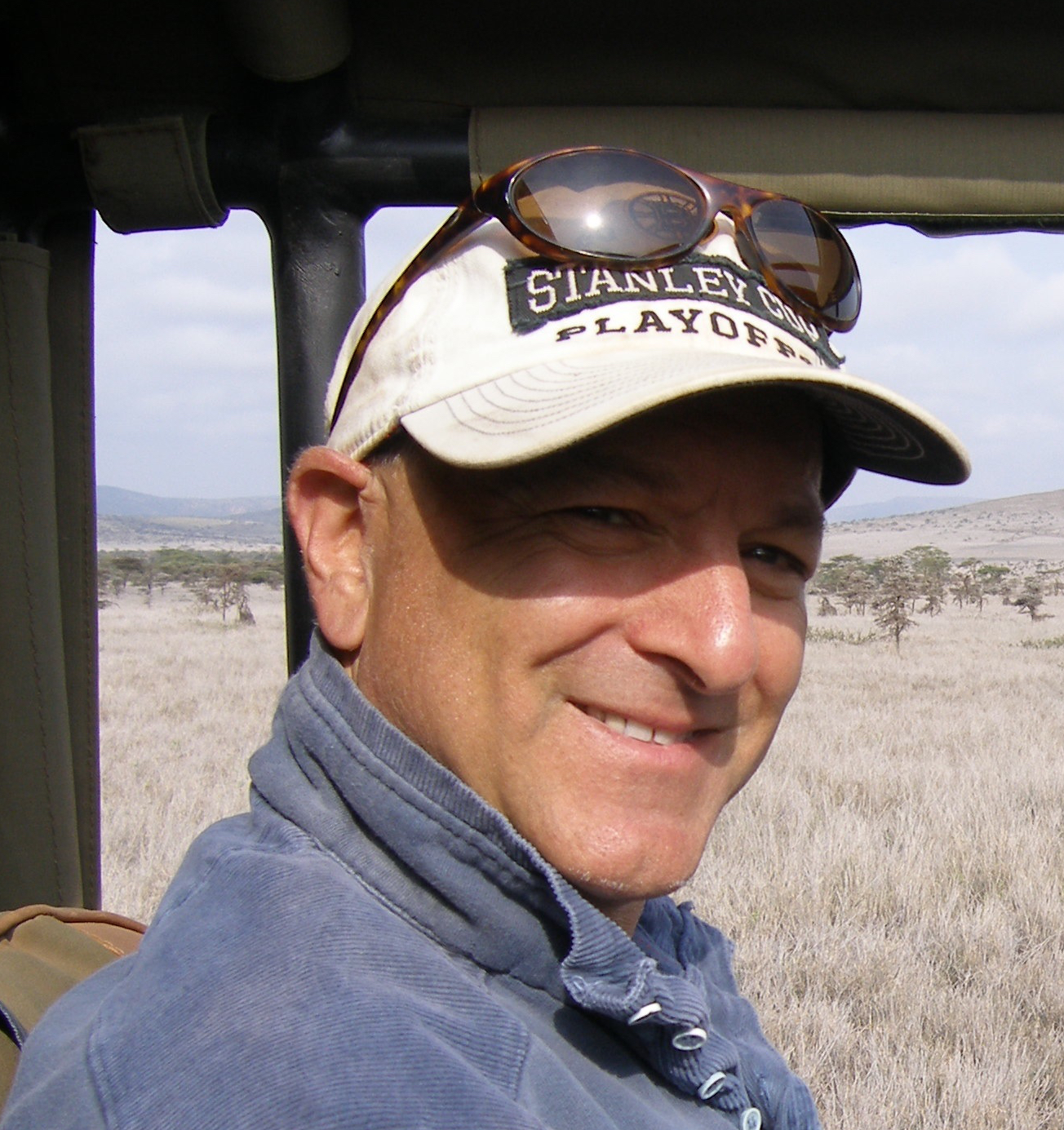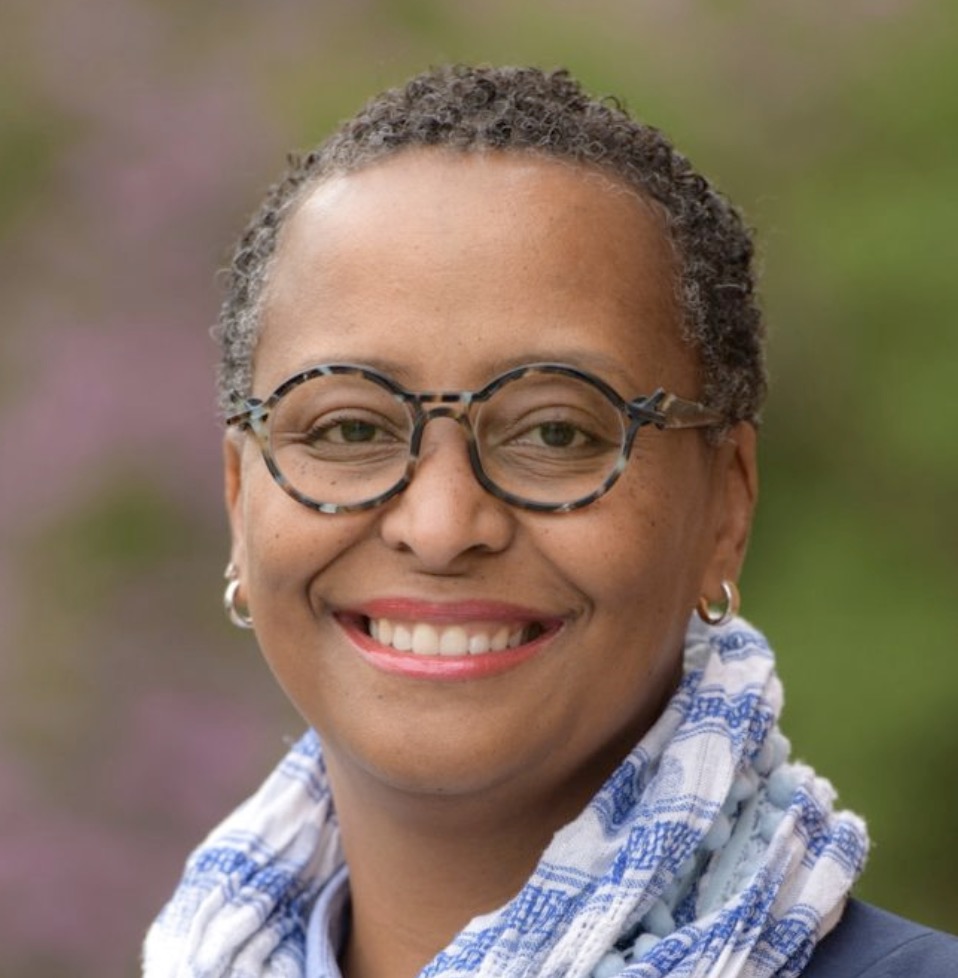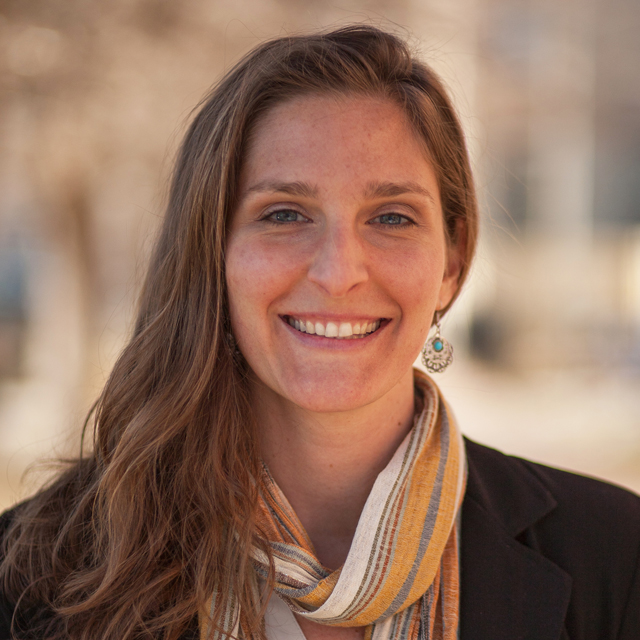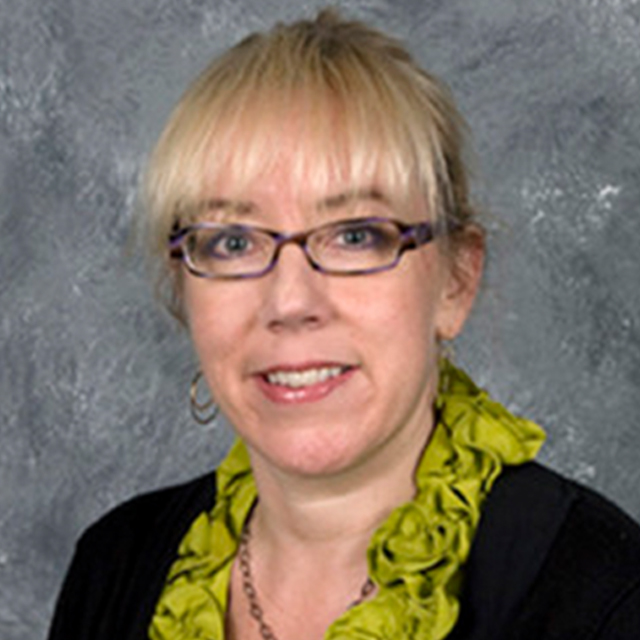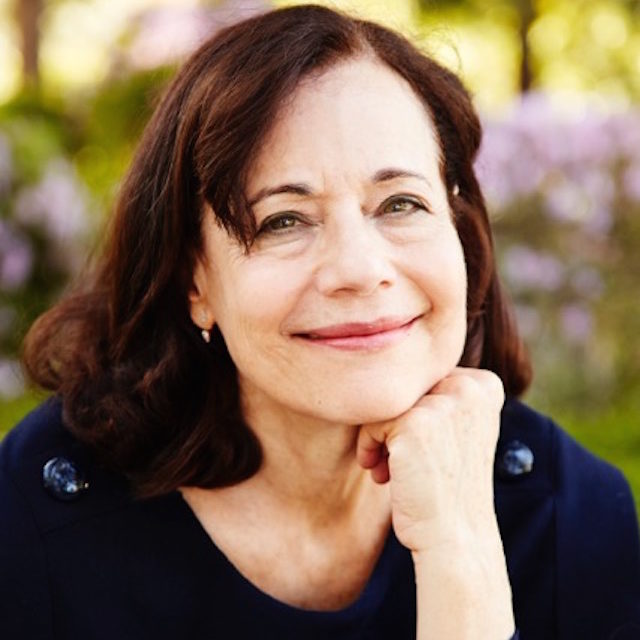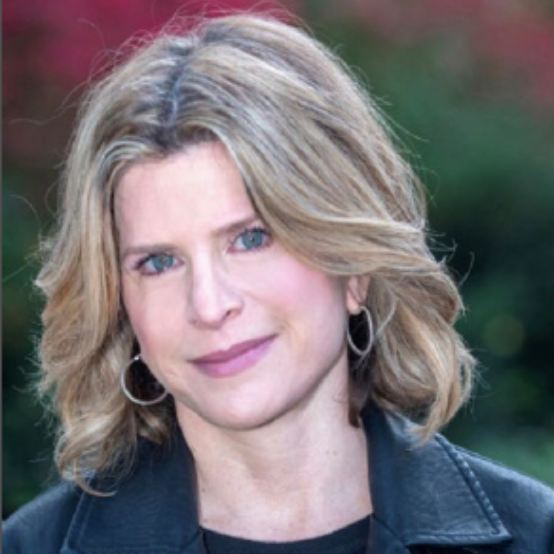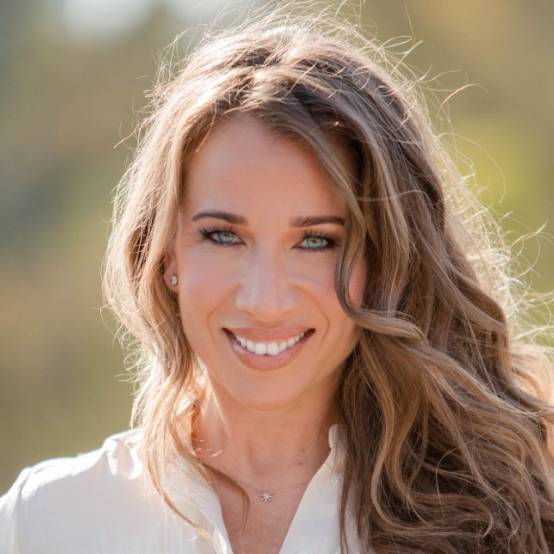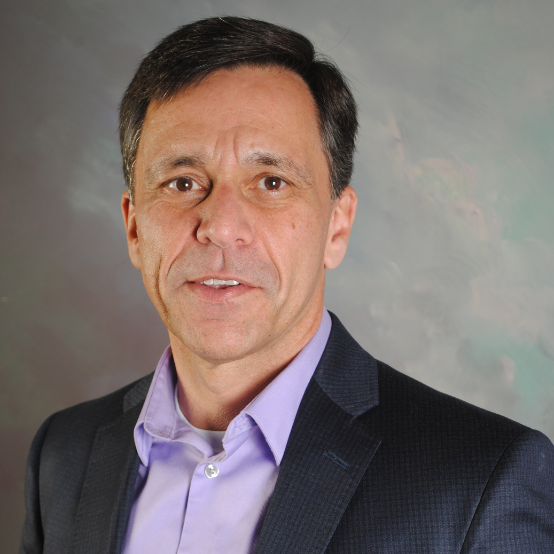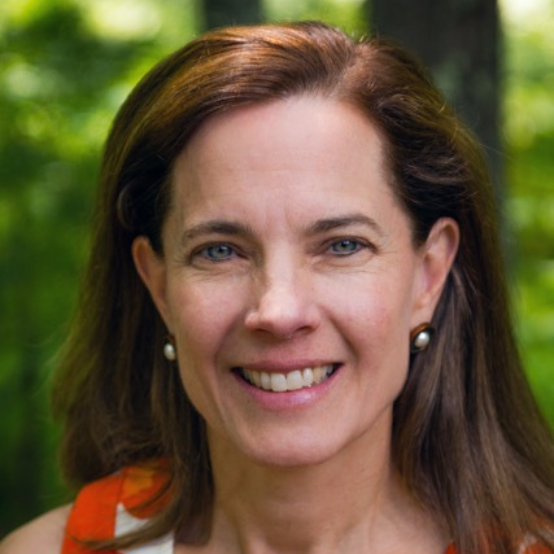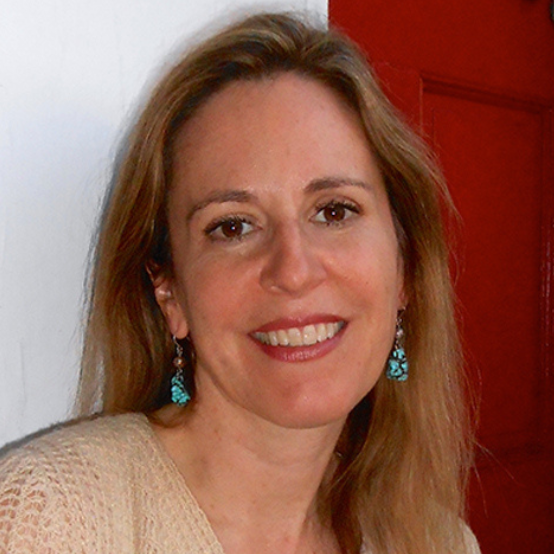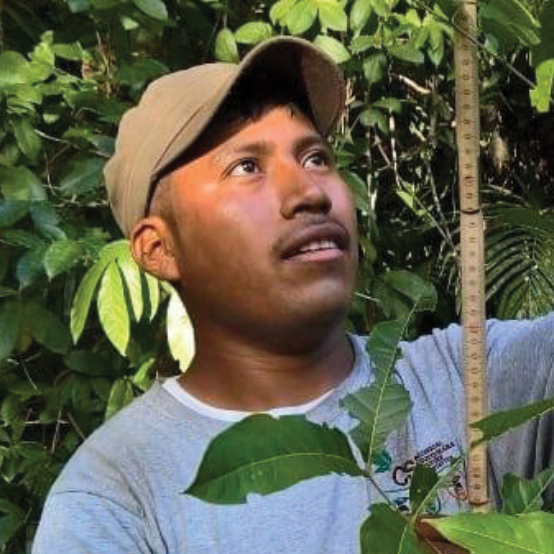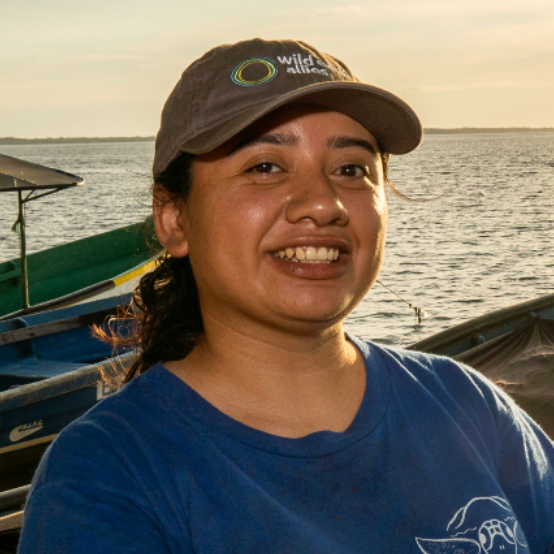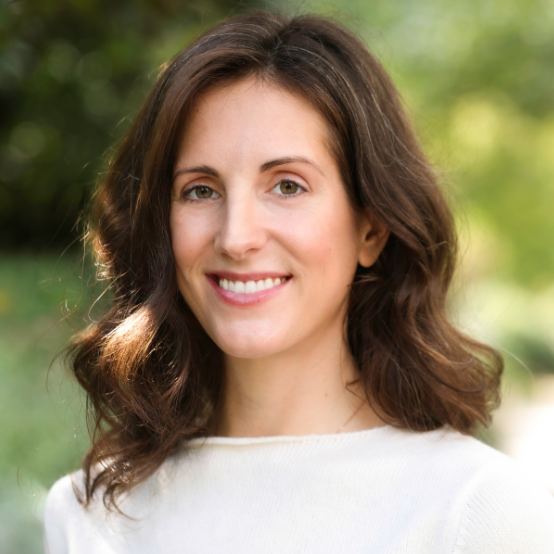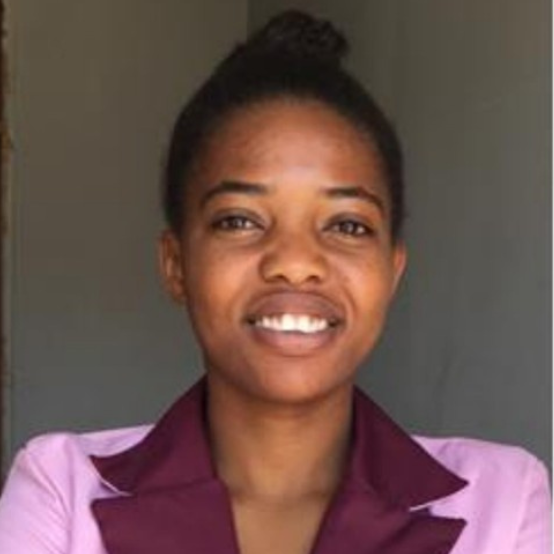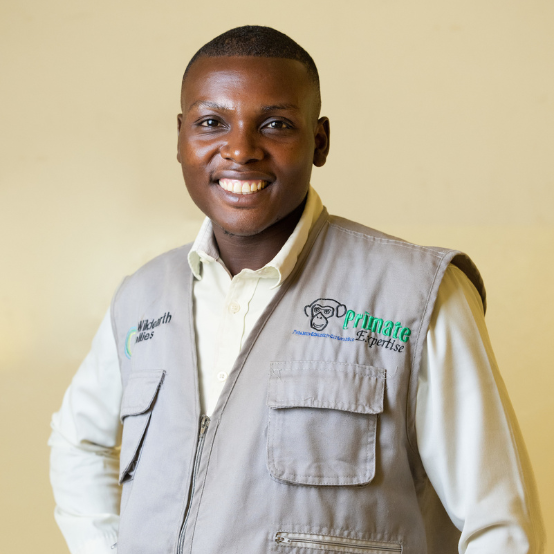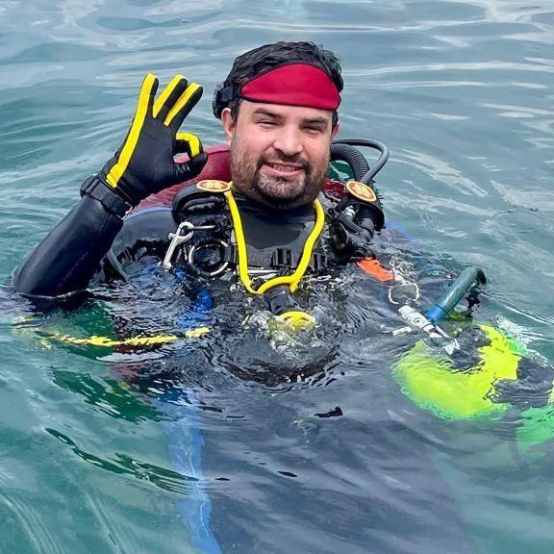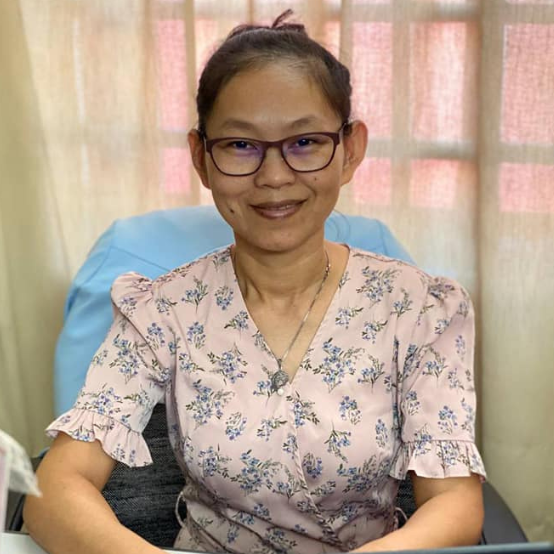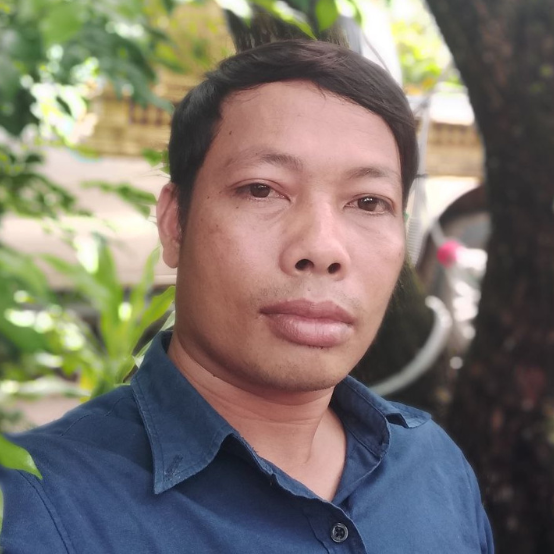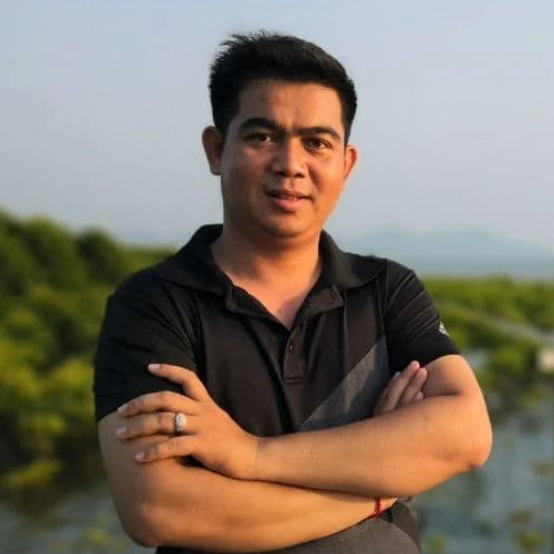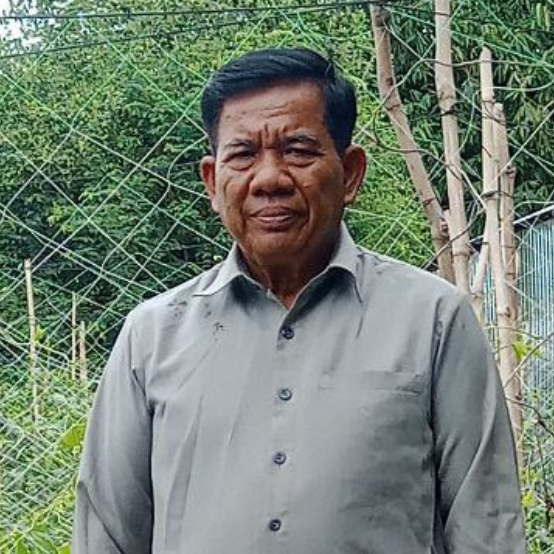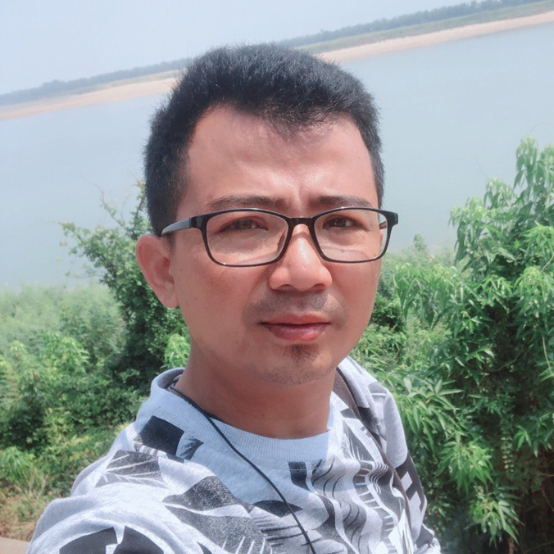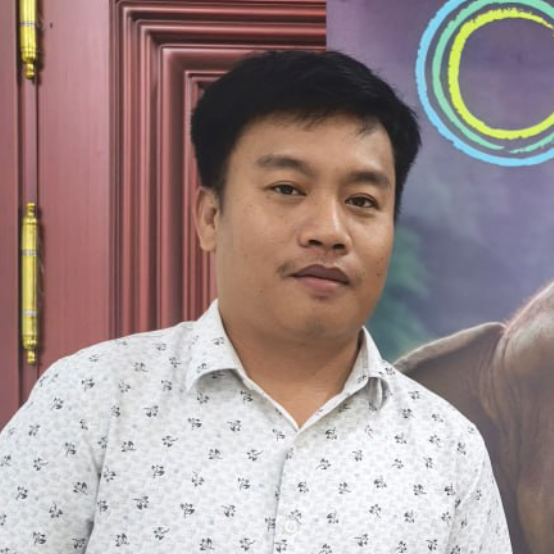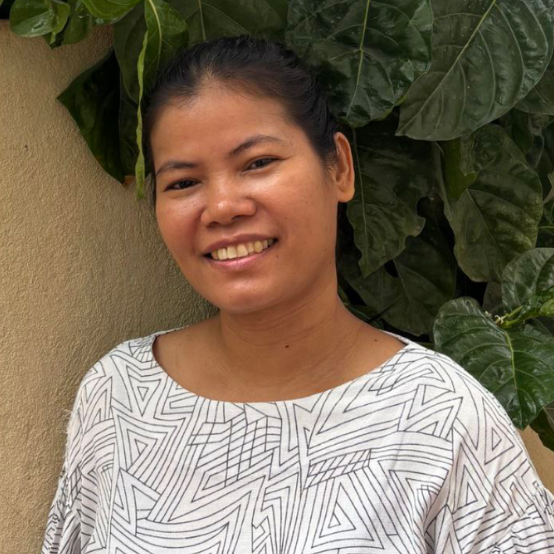Our Voices from the Field series is a behind-the-scenes look into the conservation efforts of our field teams and partners around the world. We believe protecting the planet begins with people and this series highlights talented practitioners and the work we do protecting our natural world, together.
Florence Mukantabana is the Wild Earth Allies Conservation Fellow in Rwanda, where she works closely with our Conservation Advisor Eugène Rutagarama and with the women-led cooperative Imbereheza Gahunga, our partner in constructing water tanks in communities bordering Volcanoes National Park.
As part of her work, Florence interviews each family who receives a water tank, gathering testimonials and key metrics to track the impact of this project. We are proud to share that to date, we have constructed 368 household rainwater harvest tanks with Imbereheza Gahunga, and Florence has completed interviews with all beneficiary families.
These 368 water tanks directly serve more than 2,500 people and save families an average of three hours daily, time previously spent gathering water. In a win-win for people and gorillas, these water tanks are also reducing pressures on mountain gorillas: prior to receiving a water tank, 72% of beneficiary families reported needing to enter Volcanoes National Park to access water.
Continuing our Voices from the Field series, we spoke with Florence about recent highlights from her work, her experience working with Imbereheza Gahunga, and stand-out moments from her beneficiary interviews.
A mountain gorilla in Rwanda (Photo by Eric Sambol).
1. What have you learned from your experience as a Conservation Fellow?
I appreciate the opportunity to work with distinguished and highly talented people, and I am impressed by their knowledge, professionalism and passion for helping the community in conservation. I have also become very interested in discovering the benefits of protecting the environment.
I am enjoying having dialogues with beneficiaries and socializing with them. And, on a personal note, through my conversations with wives from Imbereheza Gahunga cooperative, I even became engaged and married my fiancé! I am also gaining stronger interpersonal skills through working with Wild Earth Allies.
Florence (middle, in royal blue) and members of Imbereheza Gahunga during their Study Tour. (Photo by Eugène Rutagarama).
2. You have conducted hundreds of interviews with beneficiary families. Are there specific moments or interviews that really stand out?
First and foremost, I will not forget that there are people (families) who spend the whole day and night without eating due to water shortage and poverty, especially elderly people who do not have anyone to fetch water for them.
Another thing I was touched by was the interview where I was told that sometimes young girls were assaulted when they would fetch water at night in Volcanoes National Park.
Finally, another thing that stands out is that many children used to drop out of schools because they had the task of fetching water every day, but now they have returned to school since they received their own tanks.
Damarce Nyirantawitonda and her daughter with their new water tank. (Photo by Florence Mukantabana).
3. You grew up in the foothills of Volcanoes National Park, and now you are working closely with ours Conservation Advisor Eugène Rutagarama who is well-known for his decades of work to benefit people and gorillas. What is this like and how has it affected your interest in conservation?
To work closely with Eugène Rutagarama, an expert in conservation, is precious to me, for I learn a lot from him, and I want to be like him (learning by imitation). He is professional, and he is a man of the people and the environment in general. I cannot find enough good words to describe him. I want to be an expert in conservation too, so that other people and other generations will also learn from me.
From left, Florence, a member of Imbereheza Gahunga, Athanasie Mukabizimungu (Cooperative leader), and Eugène. (Photo courtesy of Imbereheza Gahunga).
4. The Chief Warden of Volcanoes National Park, Prosper Uwingeli, visited with Imbereheza Gahunga and spoke about how our water tank project is benefiting the park and mountain gorillas. Can you share more about this experience?
The Chief Warden of Volcanoes National Park Prosper Uwingeli appreciated and thanked Imbereheza Gahunga and Wild Earth Allies for building tanks, and encouraged the beneficiaries to take care of their tanks. He also delivered a speech on how important it is to protect the environment, especially Volcanoes National Park.
Finally, he said that when conservation is protected properly, it increases the development of the people and the country at large through foreign exchange.
From left front, Athanasie (front, Founder of Imbereheza Gahunga), Francois Rutebuka and Drothee Mukangwije, our Conservation Advisor Eugène Rutagarama, and Chief Warden of Volcanoes National Park Prosper Uwingeli in front of a water tank. (Photo by Florence Mukantabana).
5. You joined members of Imbereheza Gahunga for a Study Tour to visit other community-based cooperatives and exchange ideas. What were some of the highlights of this tour for you?
In the study tour, I learned a lot from each and every community based-cooperative that we have visited. I have learned more about how to manage cooperatives. And, I learned how I can help cooperatives to identify projects that can improve the development of their members. I also learned that working together in a cooperative increases income and development.
Members of Imbereheza Gahunga learn from a cooperative that launched a revolving loan fund to accelerate enterprise development with their members. (Photo by Eugène Rutagarama).
6. Imbereheza Gahunga has built 368 water tanks so far and has bold plans ahead, including some that came from the Study Tour. What part of your work are you most excited about this year?
For me, it is very difficult to say which part of my work in which I am most excited about, for each part of my work is exciting. I feel privileged to do this work, that is why each task assigned to me is exciting in this project, and I am proud of it.
Colleta Nyirabera and her family in front of their water tank. (Photo by Florence Mukantabana).
7. Imbereheza Gahunga is a women-led cooperative. Can you speak to your experience of working alongside women leaders?
I am very happy to work alongside women leaders. What I have seen is that women are exceptional leaders, because they are good decision-makers, good planners and know how to treat cooperative members fairly and equally. They are honest and trustworthy, and they are also good at solving problems. Also, as a woman myself, I find it is very easy to share ideas with them.
Florence (third from left) and the women of Imbereheza Gahunga during their Study Tour. (Photo by Eugène Rutagarama).
8. What would you like people to know about this project?
I hope through this project, people will know and understand the significant role of protecting the environment, and how it brings a good life to people and animals in return.
There is no life without the environment, for conservation is life.
A mountain gorilla in Rwanda (Photo by Eric Sambol).
Learn more about our collaborative work in Rwanda, and please consider joining us by donating today.

